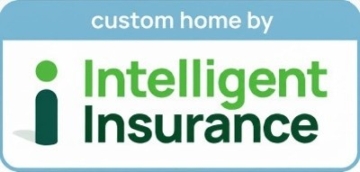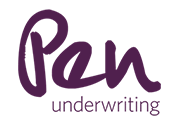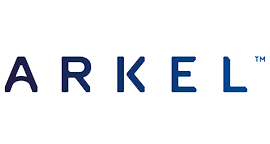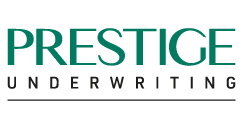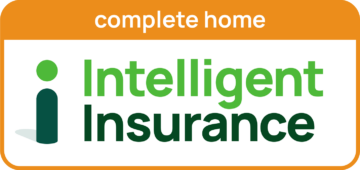Can I insure a home built with Structural Insulated Panels (SIPs)?
Quick answer
Yes, Intelligent Insurance can usually insure properties constructed with Structural Insulated Panels.
Cover excludes loss or damage caused by faulty workmanship, defective design or materials, exactly as for any other build type.
Why SIPs are treated as “non-standard”
Characteristic
Why underwriters need more detail
Timber-framed load-bearing shell
Timber behaves differently from masonry in fire and flood scenarios.
Integral rigid-foam insulation
Integral rigid-foam insulation
Off-site manufacture
Quality is excellent when certified – but a small number of rogue kits exist, so we look for BBA-approved panel systems or a recognised warranty.
What information you’ll be asked for
Panel system & certs: Make/manufacturer, BBA or ETA approval, structural-warranty provider.
Construction date or stage: Finished, under renovation or still being built?
External cladding & roof type: Brick slip, render, timber, tile, metal?
Any unusual foundations or ground-floor system: Raft slab, insulated slab, suspended timber, etc.
Heating & ventilation: MVHR, heat pump, wood stove? (helps us gauge fire & escape-of-water risk).
How cover looks once the policy is live:
Scenario
Buildings / Contents response
Notes
Fire, storm, theft, escape of water
Covered up to your sums-insured, just like a masonry house
Sums-insured should reflect the (often higher) specialist rebuild cost of SIPs
Accidental Damage (e.g. drilling through a panel’s vapour barrier)
Covered if you’ve taken the optional Accidental Damage extension
Exclusion still applies for poor workmanship
Gradual damp from a tiny leak inside the panel
Not covered – regarded as gradual deterioration
Prompt leak detection is critical in airtight builds.
Major alteration / extension using SIPs
Treats the home as “under renovation” until signed off; some perils may be limited (e.g. theft/malicious)
Tell us before work starts so we can keep cover seamless.
Tips for smoother quoting & claims:
Keep your warranty & completion certificate handy.
Review your Buildings sum-insured – SIP rebuilds can cost 15–25 % more than equivalent brick/block.
Install leak-detection sensors in wet rooms and plant areas.
Maintain the cladding – intact external skin prevents UV and moisture damage to the panels.

